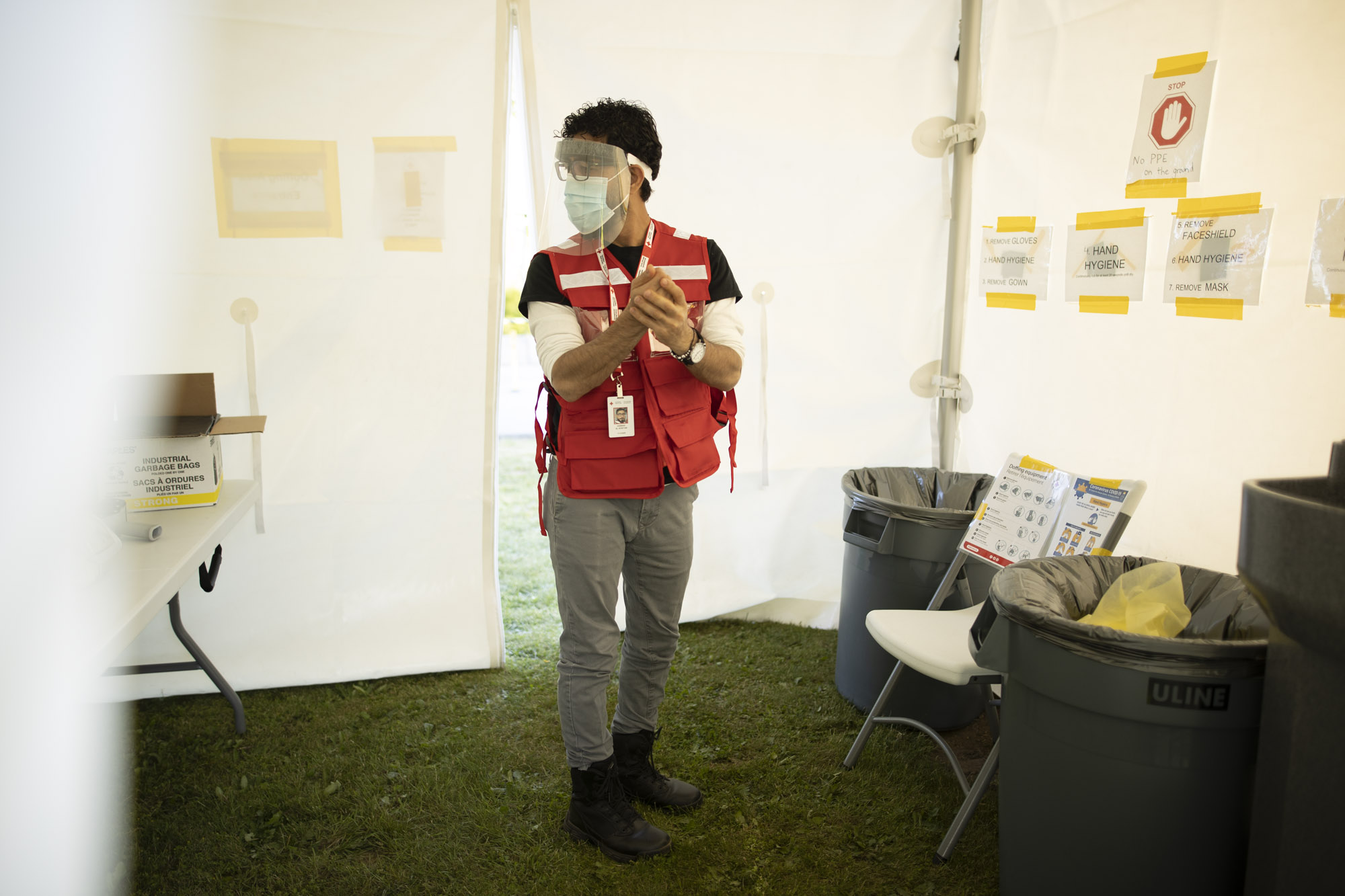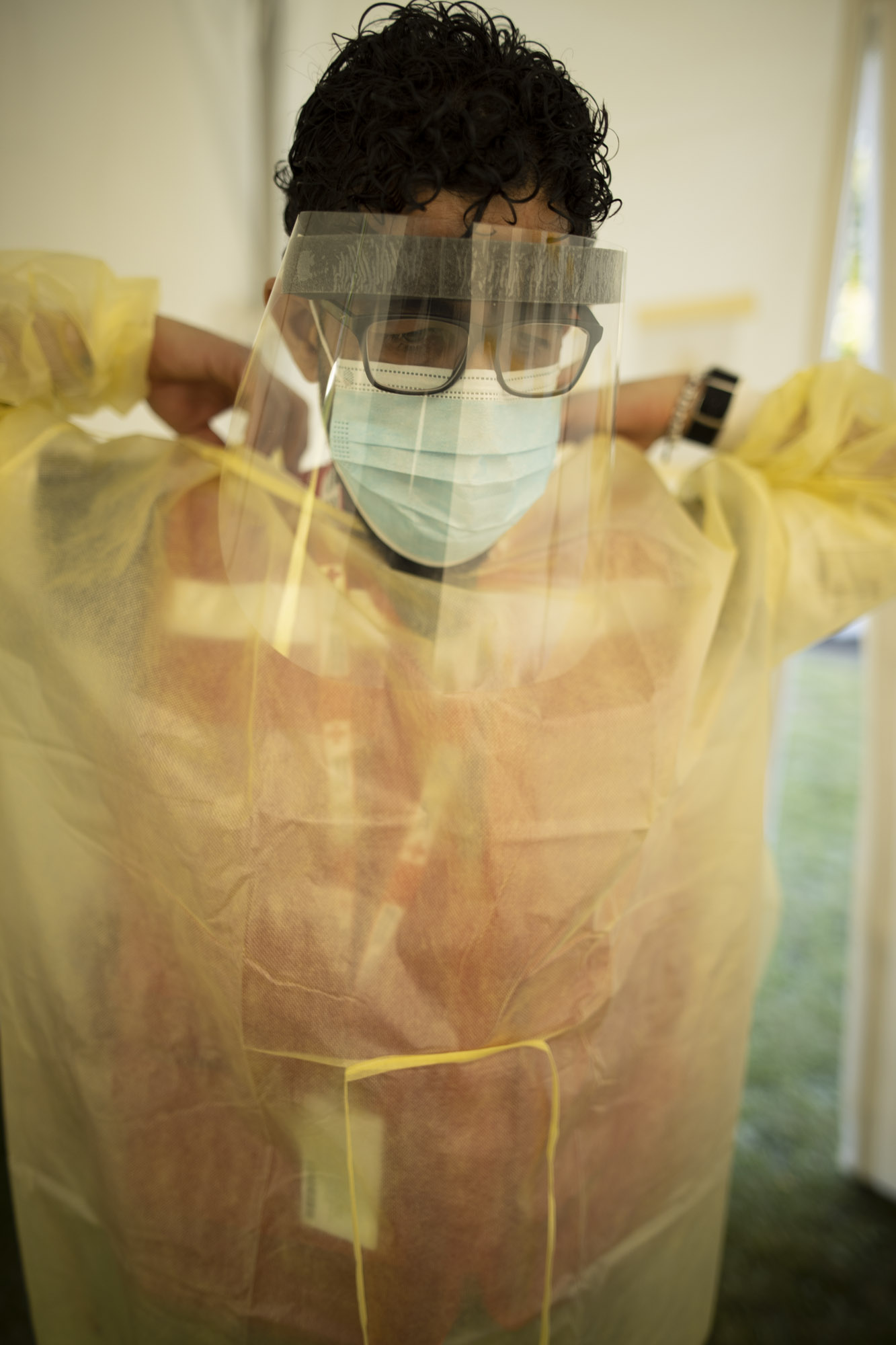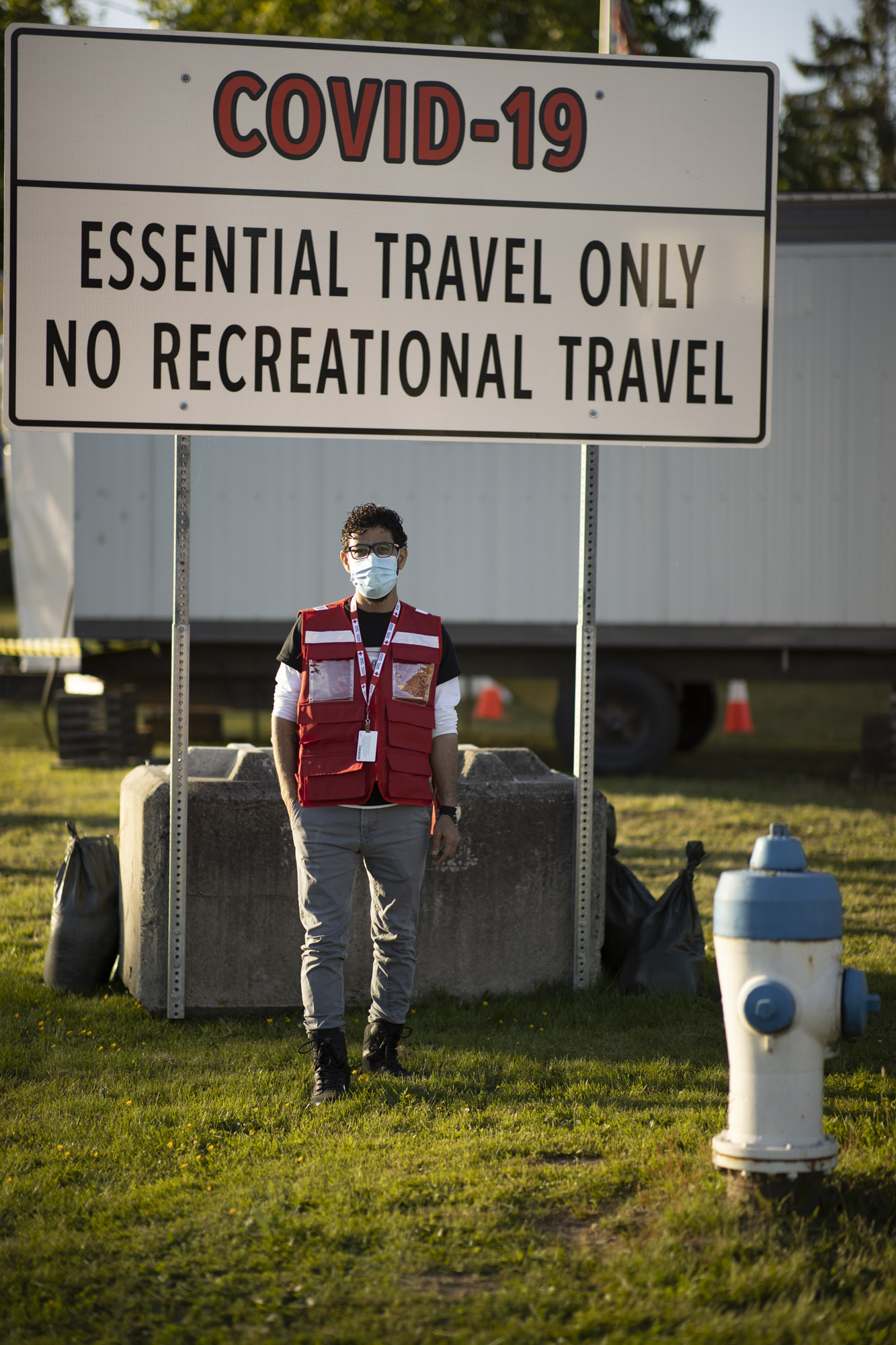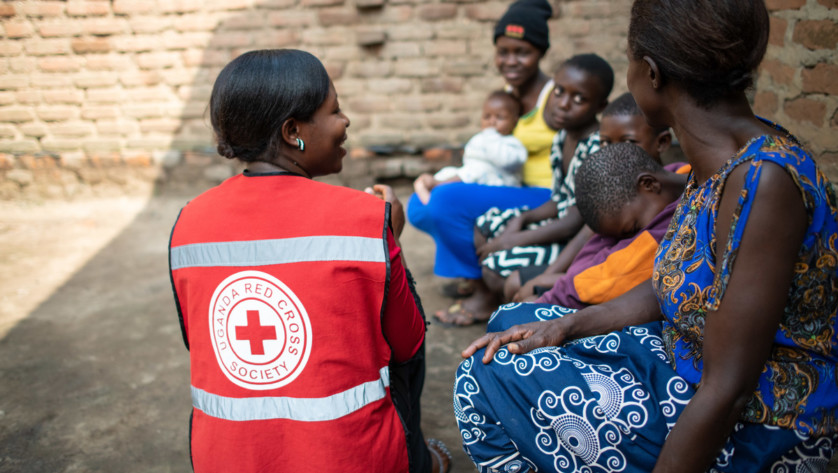It’s one of those stories that even those involved find hard to swallow. “I think if someone told me this story, I wouldn’t believe it…but it happened to me,” says Hassan Al Kontar, a 38-year-old Syrian refugee currently living in British Columbia, Canada
For several months in 2018, Al Kontar was known as “the man at the airport” in the news, after he was stranded at the Kuala Lumpur airport for 7 months.
His story began in 2011 when conflict broke out in Syria while he was living in the United Arab Emirates (UAE). Not wanting to go back to Syria — to face civil war and likely conscription into the army — he stayed in UAE until his visa expired. Ultimately deported to Malaysia, he sought asylum in numerous countries, including Canada.
In the meantime, he waited in the airport. And waited.
He slept in airport chairs and in a small enclave under an escalator. He made friends with the cleaning staff who brought him food and coffee (the coffee shops were in a part of the airport he couldn’t access).
Boredom and incessant boarding announcements were constant companions as the days ticked slowly by. He missed important family events, like his brother’s wedding, which he watched via Skype.
Desperate and frustrated, he turned to social media, quickly becoming an internet and media phenomenon. News reports referred to him as a real-life version of Tom Hanks’s character in the film, The Terminal.
“It’s the small things — taking a shower, washing your clothes, getting medicine — things you do all the time that suddenly become impossible”, explained Hassan.
“I remember day 122. I felt something strange. I could not tell what it was until I discovered that someone had opened a door to the outside. It was the first time in 120 days that I smelled fresh air.”
Finally, in November 2018, a private group of Canadians succeeded in sponsoring Hassan’s request for residency and he boarded a plane to British Columbia. Canada was the first country in the world to introduce a private sponsorship programme, which allows five individual Canadians or permanent residents to collectively sponsor a refugee. “Ordinary individuals are directly involved in saving lives,” says Hassan. “If that’s not being a hero, what is?”
 Red Cross Red Crescent magazine
Red Cross Red Crescent magazine 









 Tech & Innovation
Tech & Innovation Climate Change
Climate Change Volunteers
Volunteers Health
Health Migration
Migration